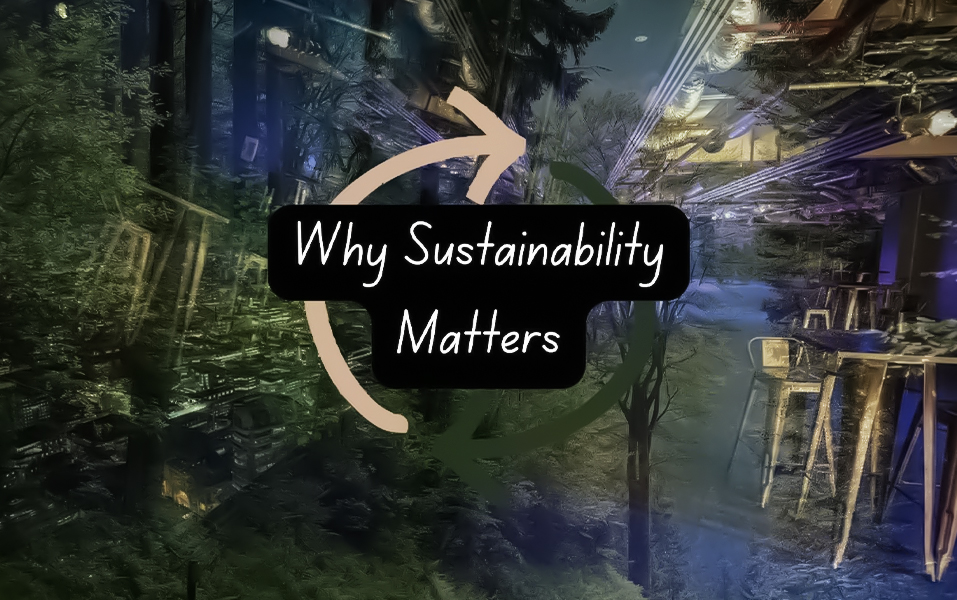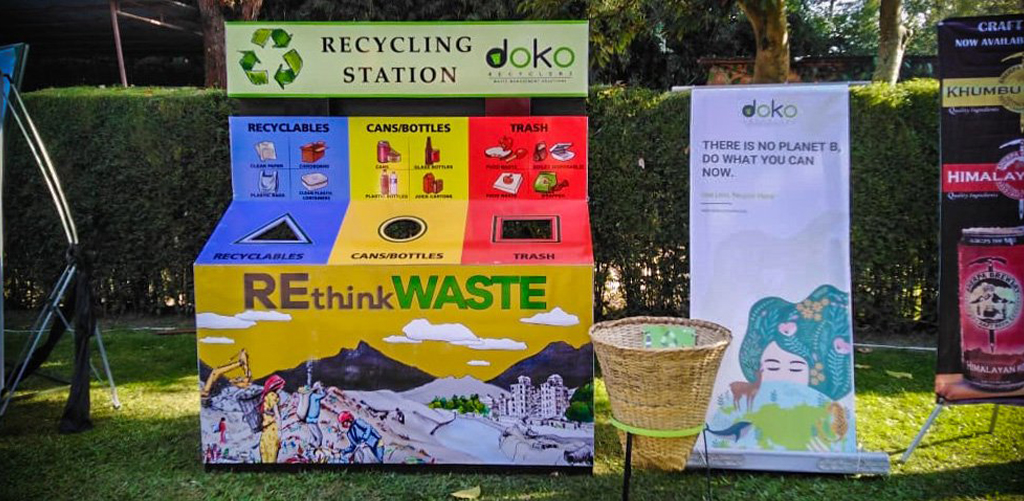

Sustainability has become a central concern in almost every industry, and event management is no exception. With the growing awareness of climate change and environmental responsibility, both attendees and organisers are demanding more eco-friendly practices. Events, by nature, have a significant environmental footprint—from waste production to energy consumption—making it vital to adopt sustainable approaches to minimise negative impacts. In this blog, we’ll explore the increasing importance of sustainability in event management and how JD Institute is the best option for bringing sustainable thinking to the Global Event Management business and the growing importance of sustainability in this field.
Historically, event management has had a considerable environmental impact. Events frequently impose detrimental effects on the environment due to single-use plastics, excessive garbage, and elevated energy usage. However, with the increasing worldwide awareness of sustainability, event organisers are starting to use environmentally responsible practices. The significance of sustainability in event management is paramount for the following reasons:
Events generate substantial waste and consume large amounts of energy, from transportation emissions to the use of disposable materials. Sustainable practices help minimise this footprint.
Today’s audiences, especially Millennials and Gen Z, prioritise sustainability. They expect events they attend to align with eco-conscious values, influencing event planners to adopt greener practices.
Governments are increasingly implementing environmental regulations for large events. These regulations range from limiting waste and energy use to mandating carbon offsetting, pushing event organisers to prioritise sustainable planning.
Sustainability also offers financial benefits. While initial costs may be higher, long-term savings can come from energy efficiency, reduced waste, and smarter use of resources.
At the JD Institute of Fashion Technology, students in the Global Event Management programme are trained to meet these growing demands for sustainability in events. They then gain the knowledge and skills required to lead the charge in sustainable event management.
Around the world, many well-known events are establishing fresh benchmarks for sustainability. These events show that big occasions can be successful and beneficial for the environment.
As an example, the Tokyo 2020 Olympics were planned in a way that was good for the environment. Renewable energy was used, medals were made from old electronics, and players slept on beds made from recycled cardboard. It was a first-of-its-kind sustainable global event because it focused on eco-friendly planning and making good use of resources.
Another big festival that has adopted eco-friendly methods is Coachella. As a way to cut down on pollution, the event has recycling initiatives, solar energy systems, and encourages people to share. Coachella shows how events can be environmentally friendly by making the experience of going to the festival more eco-friendly.

The Glastonbury Festival is known not only for its music but also for its commitment to sustainability. The festival banned single-use plastics and introduced reusable alternatives. It also promotes waste segregation and composting, while encouraging attendees to reduce their carbon footprint through ride-sharing and sustainable camping options.

A wide range of resources, assets, and methods exist to assist organisers in planning sustainable events while maintaining a high-quality attendance experience.
One of the primary concerns for event organisers is energy consumption. Sustainable events can use LED lighting, solar panels, and energy-efficient generators to power venues. Additionally, sourcing power from renewable energy providers helps reduce reliance on fossil fuels.
Sustainable event management prioritises reducing waste at every stage. This can include digital ticketing to minimise paper use, encouraging reusable containers, and having clear waste segregation systems. Composting programmes for food waste, along with recycling initiatives, are vital strategies for waste reduction.

Choosing sustainable suppliers is essential for event planners. This includes sourcing eco-friendly products, from event decor to food and drinks. Local, organic food reduces the carbon footprint from transportation, and sustainable packaging minimises plastic waste.

One of the most effective ways to reduce the environmental impact of an event is by hosting it virtually. Hybrid events—combining both in-person and online experiences—also help cut down on the need for extensive travel and large-scale venue resources. These formats have become popular during the pandemic and are likely to continue growing in popularity.
The concept of sustainability is not merely an afterthought at JD Institute of Fashion Technology; rather, it is an essential component of the educational programme, notably in the Global Event Management course. In addition to the traditional abilities required for event planning, the institute acknowledges that modern event managers need to have a strong understanding of environmentally responsible practices.